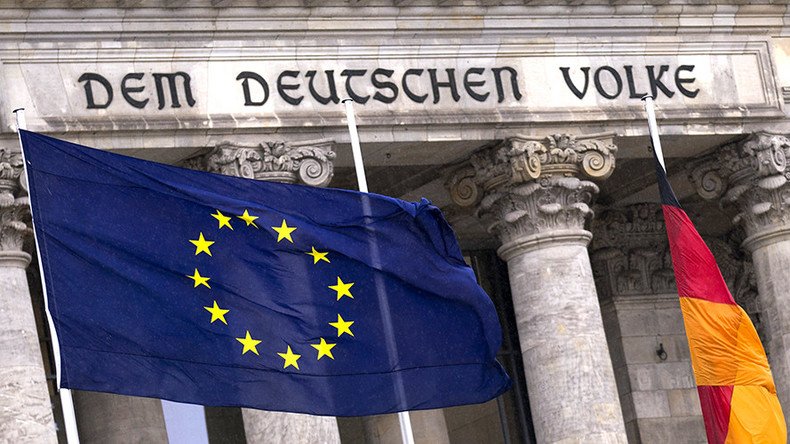Berlin wants to link EU funding for member states to their ‘adherence to rule of law’ – report

The distribution of EU funds to individual members may become increasingly dependent on their “adherence to the rule of law,” according to an internal German government paper seen by Spiegel.
Germany, the economic pillar of the 28-member bloc, now wants to review the existing rules for distributing Brussels’ funds to other member states. Berlin will examine “whether the receipt of EU cohesion funds can also be linked to the adherence to the basic principles of the rule of law,” according to an eight-page document from Germany’s Ministry of Economic Affairs seen by Spiegel.
The paper refers to Brussels’ regional development policy, also known as the Cohesion Policy, which seeks to improve the economic well-being of European regions and minimize disparities between richer and poorer nations.
From now on, “all funding measures should be subjected to a critical review,” the government paper states.
Britain’s decision to leave the EU is among the key reasons budget spending is being reviewed now, Spiegel writes. When the UK, one of the EU’s major contributors, finally withdraws from the bloc, it will leave Brussels with 10 to 13 billion euros less annually, with spending cuts one of the most likely options on the table to make up the difference.
Eastern European countries could be among the most affected by the proposal, as EU members in the region have long benefited from the Cohesion Policy, but haven’t always been keen on going along with Brussels’ initiatives. Poland and Hungary, in particular, have been reluctant to accept Brussels’ refugee quotas. Additionally, Brussels and other Western European countries have accused Warsaw and Budapest of harboring authoritarian inclinations, arguing that their hardline right-wing governments undermine democratic freedoms and the rule of law.
Earlier in February, Luxembourg’s prime minister, Jean Asselborn, questioned whether Poland still belonged in the EU, saying, “Today’s Poland under Jaroslaw Kaczynski could no longer become an EU member,” according to Tagesspiegel daily. He blamed Poland’s president for pushing his country away from core European values and sliding towards nationalism.
Meanwhile, dissenting voices in Berlin argue that the financial ministry’s proposal is indiscriminate and pursues short-sighted goals.
“As far as the voters’ approval is concerned, we have a minority government in Poland now,” a member of Chancellor Merkel’s CDU party in charge of foreign policy, Elmar Brok, told Spiegel, noting that 80 percent of Poles were pro-EU, and hundreds of thousands were against Kaczynski’s government.
“They cannot be punished en masse,” Brok added.
Even Corina Cretu, the EU’s commissioner for regional policy, warned against “turning the Cohesion Policy into a criminal instrument.”












